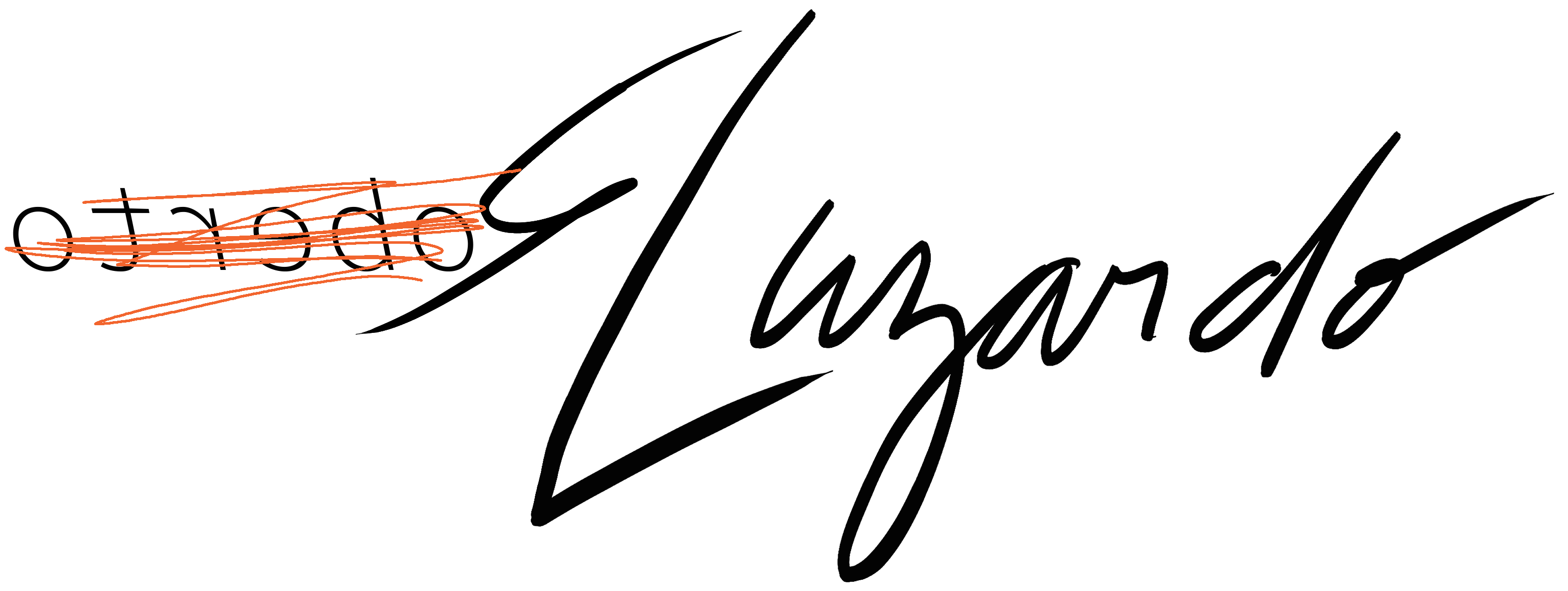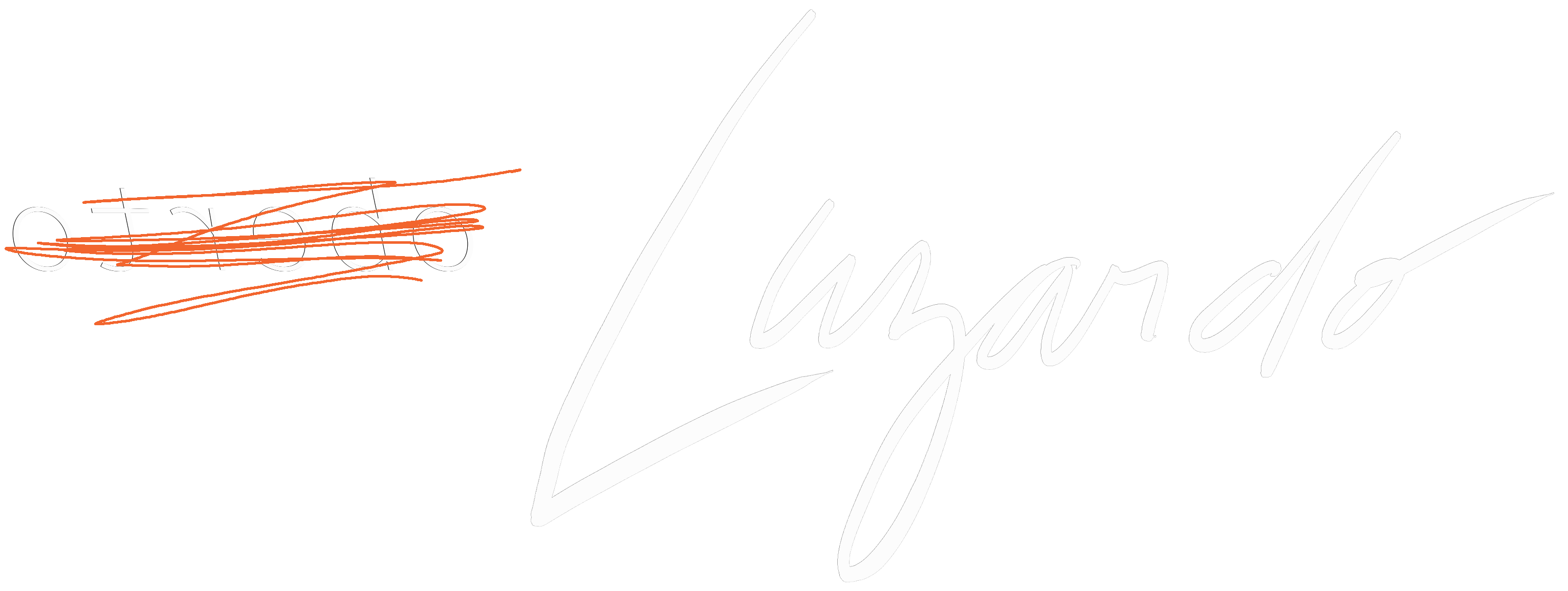


As an artist and art teacher with over 19 years of experience working with children and young people, I have always been drawn to questions surrounding identity, postcolonialism, and the nature of art and education. After earning my Bachelor of Arts in Fine Art (BA Hons) from the University of East London and my Master of Fine Art in Fine Art (MFA) from the University of the Arts London, my artistic practice has been focused on exploring these issues, and it has led me to explore the intersections between mental health, education, and the role of art in promoting well-being, learning, and cognition.
My interest in art and education extends beyond just the practical aspects; I’m also fascinated by the philosophical questions surrounding these topics. Specifically, I’m interested in examining the unsettling colonial past of art and education and how it still manifests in today’s educational systems. Through my work, I attempt to challenge Western assumptions about the world and knowledge that underpinned colonialism. I often question the role I play within the art education system and try to address how it perpetuates or liberates colonial mindsets.
My art-making practice is an ongoing collaborative investigation of non-standard ideas on personhood, the deconstruction of colonial dialectical narratives, and a contribution to alternative and more inclusive ways of understanding social realities beyond the strict binary language of antagonistic colonial discourses.
Through the lenses of philosophy, psychoanalysis, and postcolonial theory, I examine the aesthetic and educational value of creative processes in participatory-based practices.
I question at what point an object or set of materials becomes art, exploring the dichotomy between the creative process as an ongoing experience of becoming and the end product called artwork. I investigate the ontology of art and the nature of authorship in participatory practices and collaborations.
As a gay man who grew up in a country tainted by colonialism, I faced many challenges in coming to terms with my sexuality and identity. These experiences left me struggling with internalised homophobia, shame, and guilt. Psychoanalysis and art-making processes have been instrumental in helping me navigate and explore these traumas and past experiences to turn them into works of art.
By using the therapeutic toolkit of psychoanalysis free association, dream analysis, and other techniques, I have brought unconscious conflicts to the surface and gained a deeper understanding of myself and my unconscious motivations, helping me realise how much my past experiences are rooted in the legacy of colonialism and have shaped my personality, behaviour and way I experience myself and the world around me.
Through my artistic practice, I strive to promote well-being, learning, and cognition by creating a space for self-expression and exploration that encourages critical thinking and self-reflection. My work aims to challenge dominant paradigms and promote alternative ways of seeing and being in the world, fostering empathy, understanding, and positive social change.








my MOTTO
I am interested in the educational and aesthetic value of the collaborative creative process.
Education
Postgraduate Cert. in (Secondary) Education (PGCE) Goldsmiths, University of London, UK.
Master of Fine Art (MFA) in Fine Art, University of the Arts London (Wimbledon College of Art) London, UK – Merit.
Bachelor of Arts with Honours (BA Hons) in Fine Art, University of East London, UK – First Class.

